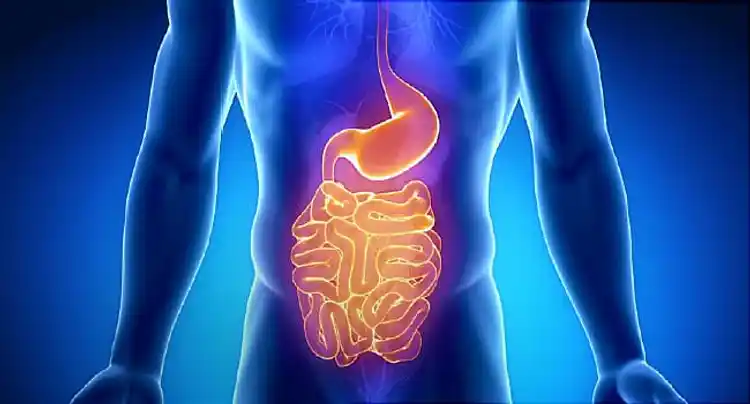May 8, 2023 — Treating Helicobacter pylori (H. pylori)infection – a common type of bacteria that infects the stomach – reduces the risk of stomach cancer, according to new research.
A large study from California found that people with H. pylori who were treated had a 63% lower risk of developing stomach cancer than people with H. pylori who were not treated.
“After 7 to 10 years of follow-up, people with H. pylori who received treatment had nearly half the risk of developing stomach cancer as the general population,” said study investigator Dan Li, MD, a gastroenterologist with the Kaiser Permanente Medical Group and Kaiser Permanente Division of Research.
“Having evidence that treating it decreases risk, even after being infected for many years, is a powerful tool — like knowing that stopping smoking will decrease your risk of lung cancer, even if you have been a smoker for many years,” Douglas Corley, MD, PhD, with Kaiser Permanente Division of Research, who worked on the study, said in a statement.

People who were treated for the bacteria still had a higher risk of developing stomach cancer than people who had never had H. pylori. This is likely because many people with chronic H. pylori infection had already developed some precancerous changes in their stomach before they were treated, Li said, noting that this finding “suggests that H. pylori ideally should be treated before precancerous changes develop.”
The new findings are based on more than 716,000 members of Kaiser Permanente Northern California who underwent H. pylori testing and/or treatment between 1997 and 2015.
About 30% of people in the U.S. are infected with H. pylori, which is the top risk factor for stomach cancer.
If left untreated, H. pylori can cause chronic inflammation of the lining of the stomach, which can lead to precancerous changes or even cancer. To get rid of the bacteria, patients take medications, such as antibiotics and proton pump inhibitors, for 10 to 14 days.
Asian, Black, and Hispanic adults in the U.S. are much more likely to be infected with H. pylori than other groups, and they also have a twofold to threefold higher risk of developing stomach cancer.
“This suggests it may be reasonable to consider targeted screening and treatment in these high-risk groups,” Li said. But, he noted, “the optimal strategy for population-based H. pylori screening has not been established, and more research is needed to determine who should be screened for H. pylori and at what age screening should begin.”
This study shows that treatment of H. pylori “absolutely will decrease your risk of certain types of gastric carcinoma down the line,” said Aaron Glatt, MD, a spokesperson for the Infectious Diseases Society of America.
“People who have definitely been shown to have H. pylori should be treated,” said Glatt, who is also the chief of infectious diseases at Mount Sinai South Nassau in Oceanside, NY.
Many people with H. pylori don’t have any symptoms. When symptoms do occur, they are typically related to a peptic ulcer or inflammation of the stomach lining and include stomach pain, nausea, loss of appetite, frequent burping, bloating, and unintentional weight loss.
Glatt said the jury is out on whether everybody should be screened for the infection, but it “makes sense” that people who have gastrointestinal symptoms consistent with H. pylori should be checked for H. pylori and then appropriately treated.
Judith Kim, MD, a gastroenterologist at NYU Langone Health in New York, who wasn’t involved in the study, noted that “routine screening for H. pylori is recommended in countries with high incidence of gastric cancer, but not here.”
“Given the risk reduction of cancer with H. pylori treatment, consideration should be made in the U.S. for asymptomatic individuals with a family history of gastric cancer or immigrants from high-incidence countries,” Kim said.
